Economic reforms in India were set in motion, though on a modest scale, when controls on industries were reduced by the 1985 industrial policy. The economic liberalization program got a big boost when the government announced a new industrial policy in the Indian Parliament in 1991. Reform measures of the last two decades have included the delicensing of most industries, the deregulation of industries earlier monopolized by the public sector, the liberalization of foreign trade through a gradual reduction of import duties, and the freeing up of the foreign investment limits in nearly all industries. These measures have pulled the economy from a low level equilibrium trap to a strong, vibrant, and fast-growing economy which is rapidly integrating with the world economy. Many of India's state governments have also initiated significant procedural and policy reforms to promote foreign investment and encourage domestic private participation. Some common features are discernible. These include the development of industrial estates, removing artificial barriers within states, the decentralization of decision-making, investment subsidy, the exemption/deferment of sales tax, and power tariff concessions. According to the much-publicized Goldman Sachs BRICS (Brazil, Russia, India, China, and South Africa) Report, India is predicted to become the third largest economy in the world, after China and the US, by the year 2050, overtaking all other developed economies. This book provides an essential understanding of the current laws, regulations, and procedures, as applicable to different sectors of the Indian economy, for current and prospective entrepreneurs/investors in India and abroad.
Economic Laws, Regulations and Procedures in India
$99.90
$111.00
In stock
Free & Quick Delivery Worldwide
All orders amounting to US$ 50 or more qualify for Free Delivery Worldwide. For orders less than US$ 50, we offer Standard Delivery at $14 per book.
ABOUT THE AUTHOR Chandra Shekhar Prasad
Dr. Chandra Shekhar Prasad, M.A., Ph.D. in Economics, was a Lecturer in Bhagalpur University from 1967. He joined the Indian Economic Service (IES) in 1969. As a Member of IES, he held important posts in the Planning Commission, and Union Ministries of Industry, Agriculture, Defence, Home Affairs, Finance, and Small Scale Industries. He was Economic Adviser in the Office of Development Commissioner, Small Scale Industries (DCSSI) from October 1992 to August 1995, and Additional Development Commissioner and Economic Adviser from August 1995 to June 2004. He had been instrumental in the formulation of the Credit Guarantee Scheme and the successful conduct of the Third All India Census of Small Scale Industries in the country. Dr. Prasad was Professor and Head of the Department of Economics at Lal Bahadur Shastri National Academy of Administration, Mussorie, from 1988 to 1991. He has authored a book titled State Taxation in India which was published in 1997. Besides, he has contributed over hundred articles to various journals. He has visited a large number of countries to attend international conferences, representing India. Dr. Prasad recently retired from the post of Additional Development Commissioner and Economic Adviser in the Office of DCSSI, Ministry of Small Scale Industries, Government of India, New Delhi.
reviews
0 in total
Review by Anonymous
Be the first to review “Economic Laws, Regulations and Procedures in India” Cancel reply
You must be logged in to post a review.
Bibliographic information
Title
Economic Laws, Regulations and Procedures in India
Author
Edition
1st ed.
Publisher
New Century Publications, 2011
ISBN
9788177082814
Length
494p., 25cm.
Subjects
more by Chandra Shekhar Prasad see more
Sixty Five Years of the Indian Economy: 1947-48 to 2012-13
Prior to Independence in ...
$127.80
$142.00

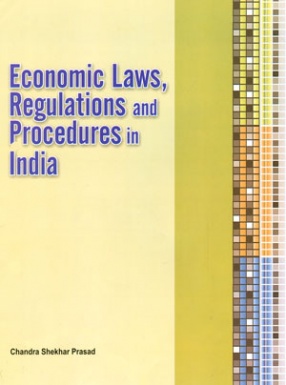

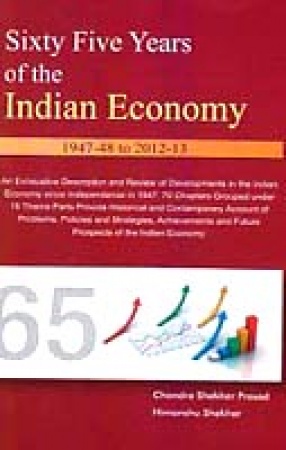
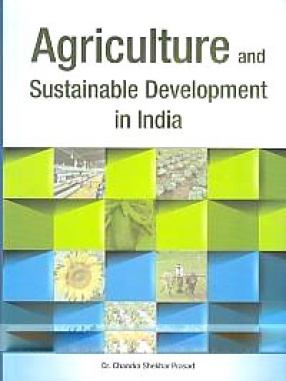
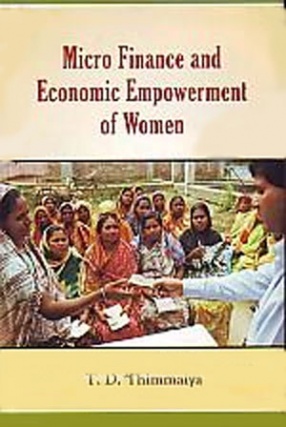

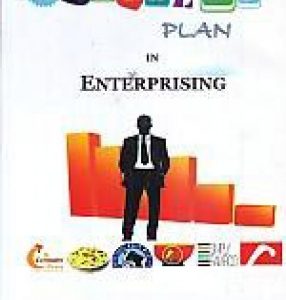
There are no reviews yet.